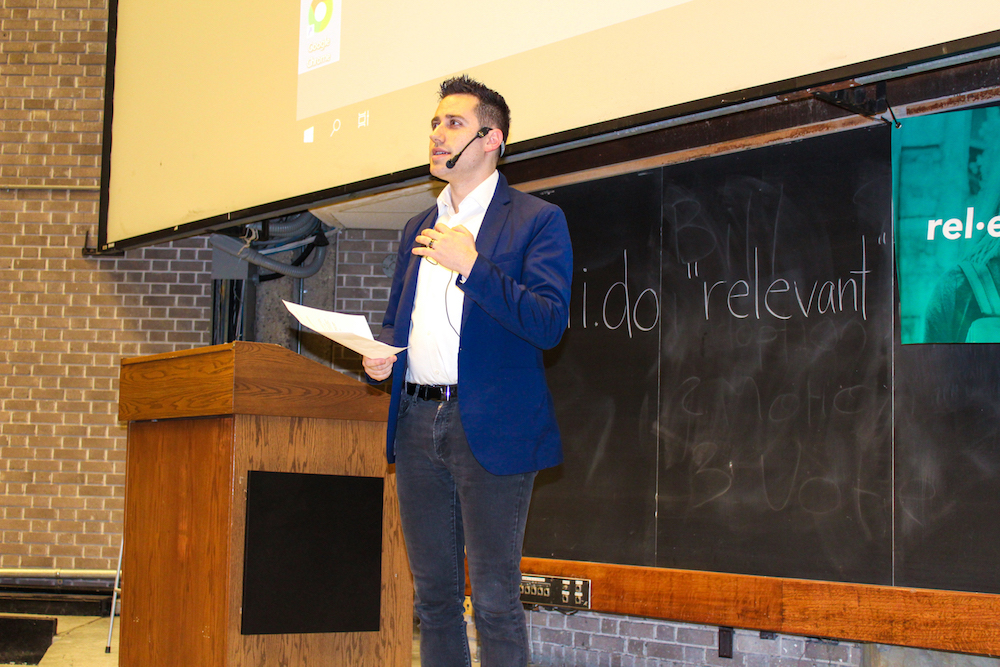Content warning: Explicit mentions of sexual exploitation, sexual violence.
Pornography has never been as easily accessible as it is today. On Jan. 17, Relevant McGill, a week-long series of talks about faith, science, and culture organized by multiple Christian groups on campus, including Power to Change and the McGill Christian Fellowship (MCF) hosted a panel discussion titled “Is Porn Really Harmless?” The event featured three speakers who discussed the ethics of pornography in the context of rape culture, sex trafficking, and faith.
Speaker Maylissa Luby, an intervention counselor for La Sortie (The Way Out) and a survivor of sexual exploitation, explained that exposure to pornography at a young age drew her into the sex industry.
“My mom travelled a lot in her work, so I ended up living with her sugar daddy,” Luby said. “I was all alone. I was a 12-year-old. One day, I walked into the bedroom, and I stepped on the remote, and porn came on [….] I just became consumed with pornography. It really taught me how to be a sex object for men [….] Someone asked me tonight, ‘Is porn really harmless?’ For me, porn open[s] the door to the sex industry.”
Reverend Daniel Gilman, former Director for Human Rights Projects in the Canadian Parliament, claimed that pornography is intimately linked to human trafficking.
“[In my time working at Parliament], what we began to discover is that the same people who are making the porn that you are comfortable with are making porn you’re not comfortable with,” Gilman said. “[They are the same] people who are trafficking women and girls on the streets.”
According to Gilman, watching pornography can skew one’s perception of sex and make one more complacent toward harmful behaviours toward women.
“An article titled ‘Pornography and Violence’ found that those who consume porn […] are much more likely to support statements that promote the use of sexual aggression towards women and girls,” Gilman said. “I’ve sat down with pedophiles, sat down with people who have committed sexual violence against women […] and their path into descending into doing those types of actions came from watching porn.”
During the Q&A session, one audience member asked the panelists for their opinion about sexually explicit content in films and television. Panelist Louis Phillips, an Oxford Centre for Christian Apologetic (OCCA) fellow, stated that he had previously struggled with a pornography addiction and explained that after recovering, he now refuses to watch sex scenes in media.
Another audience member asked about sex workers who entered the industry of their own volition. Reverend Gilman responded by arguing that suicide statistics in the pornography industry are high for a reason and that it is impossible to know whether pornographic content posted on the internet depicts a consensual situation.
“If you’re like, ‘well, not all of it is [exploitative], so I’m just going to take my chances and keep watching porn,’ you need to stop,” Gilman said.
Cassie Powell, a U2 Arts & Science student involved in Power to Change, explained that she is grateful for the chance to discuss taboo subjects such as pornography.
“I come from the Bible Belt,” Powell said. “[In] the churches down there, it’s a very touchy topic that no one wants to talk about. I’m glad that we live in a society where we can talk about [porn].”








